Table of Contents
TogglePicture this: you’ve provided a service or shipped out products, yet the money just isn’t rolling in. Frustrating, right? That’s where receivable solutions and debt collectors swoop in like superheroes, minus the capes. In this text, we’ll dive deeper into how these professionals can turn your account receivables around, making your cash flow smoother than a buttered hot knife through toast. Let’s unravel the mystery behind receivable solutions and why they are essential for your business.
Understanding Receivable Solutions

What Are Receivable Solutions?
Receivable solutions are essentially strategies and services designed to manage outstanding debts owed to a business. They help companies keep track of who owes what and ensure timely payments. By having a structured approach to manage these receivables, businesses can minimize losses and improve liquidity.
Types of Receivable Solutions
There are several types of receivable solutions, each with its unique offerings. Here are a few:
- In-House Collections: Some businesses prefer to handle their collections internally, using their staff to follow up on overdue invoices.
- Third-Party Collections: This option involves hiring an external agency specialized in debt collection. This is where debt collectors gain their superpowers.
- Debt Purchasing: In this scenario, a company sells its bad debts to a third party at a discounted rate, effectively removing them from their books.
Each solution has its pros and cons, depending on the financial strategy of the business.
Role of Debt Collectors in Receivable Solutions
How Debt Collectors Operate
Debt collectors are like the tacticians on the battlefield of finances. They specialize in recovering debts by contacting individuals or businesses that owe money. Their methods vary from soft touches, like reminder letters, to more assertive tactics, always within legal limits. They use various channels, including calls, emails, and even social media. It’s worth noting that they often engage in negotiations to settle debts for less than the full amount owed, benefiting both parties involved.
Legal Framework Governing Debt Collection
The world of debt collection is not a free-for-all: it’s governed by laws such as the Fair Debt Collection Practices Act (FDCPA) in the U.S. This law protects consumers from abusive practices, ensuring collectors adhere strictly to regulations. Debt collectors must maintain professionalism, discreetness, and a clear line of communication, which are crucial for successfully managing receivables.
Benefits of Using Debt Collectors
Improving Cash Flow and Reducing Risk
One of the primary benefits of employing debt collectors is the significant boost to cash flow. Recovering outstanding debts promptly can keep a business running smoothly. Also, it reduces the financial risks associated with prolonged nonpayment, allowing organizations to focus on growth rather than chasing after overdue invoices.
Enhancing Customer Relationships
Believe it or not, using a debt collector can actually enhance customer relationships. A professional collector understands the nuances of debt collection and approaches clients with respect and compassion. This careful handling often leads to more amicable resolutions and preserves valuable business relationships.
How to Choose the Right Debt Collector
Factors to Consider in Selecting a Debt Collector
Choosing a debt collector is not a decision to rush. Factors such as industry experience, collection methods, and reputation are essential. Does the agency have a track record in your specific industry? Do they communicate clearly? These considerations can greatly influence successful debt recovery.
Questions to Ask Potential Debt Collectors
Before hiring a debt collector, it’s wise to ask them a few pointed questions:
- What is your approach to debt collection?
- How do you handle customer complaints?
- Can you provide references from previous clients?
This ensures that the selected collector aligns with the company’s values and goals, setting the stage for successful collaborations.
Challenges Faced by Debt Collectors
Common Misconceptions About Debt Collection
Many people view debt collectors as villains, which is far from the truth. They are crucial in maintaining the financial health of businesses. A common misconception is that all collectors use aggressive approaches. But, professional collectors employ ethical methods and actively seek to maintain customer goodwill, which can take time.
The Impact of Technology on Debt Collection
Technology has transformed debt collection practices. Today, collectors use sophisticated software to track accounts, automate reminders, and help better communication. While this enhances efficiency, it can also create challenges, like the need to adapt to rapid changes in technology and data privacy regulations.






